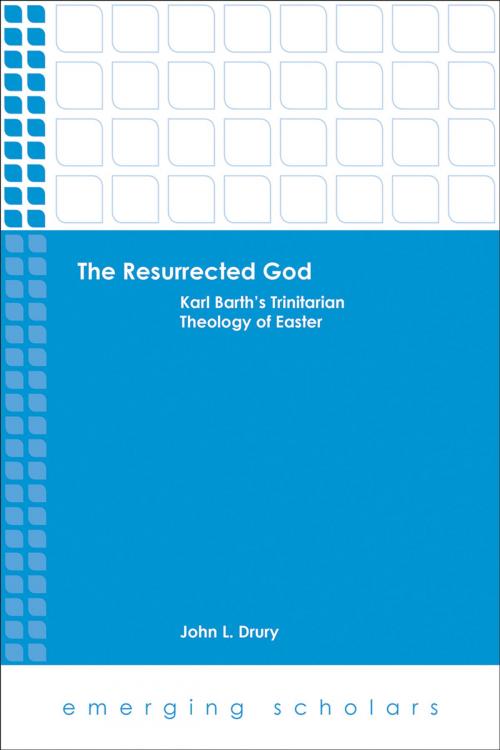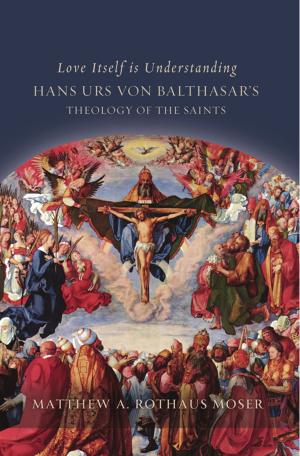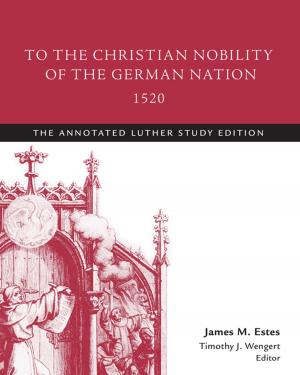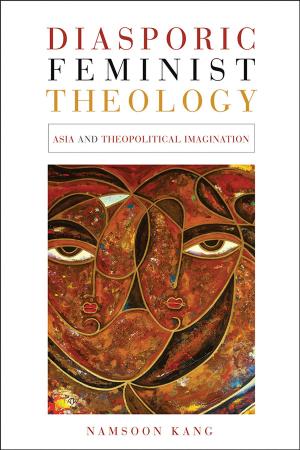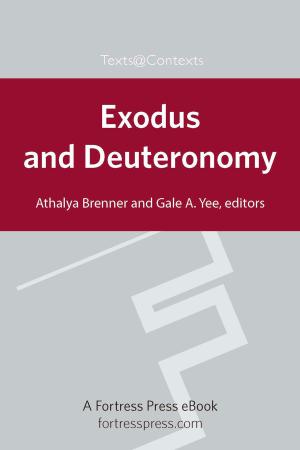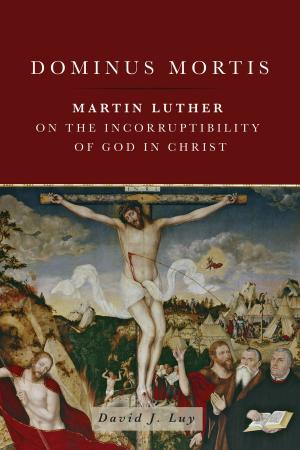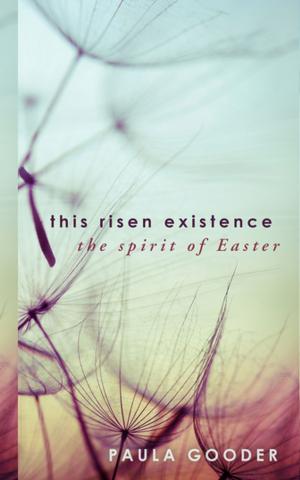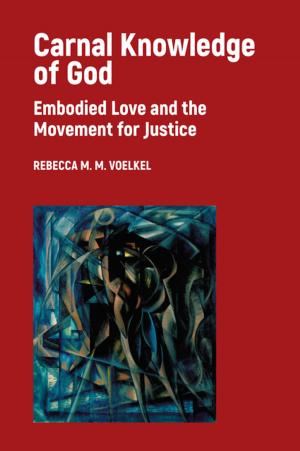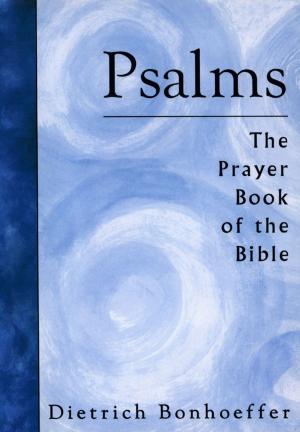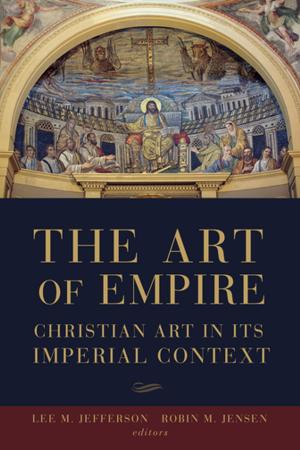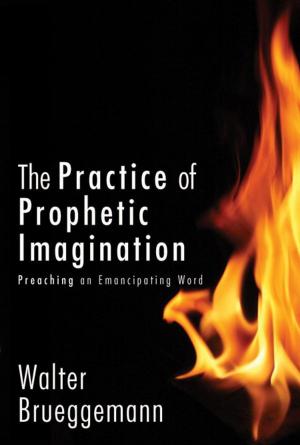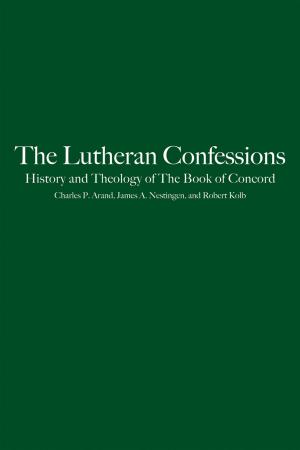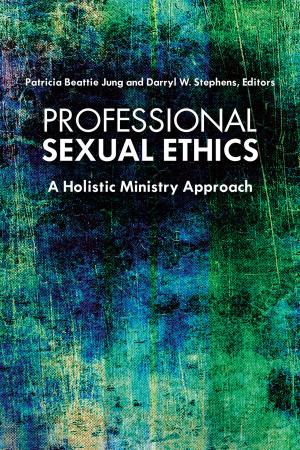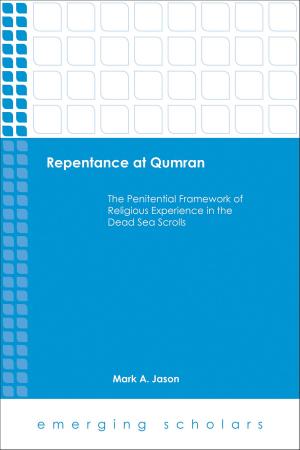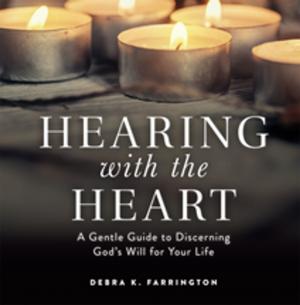The Resurrected God
Karl Barth's Trinitarian Theology of Easter
Nonfiction, Religion & Spirituality, Theology, Christianity| Author: | John L. Drury | ISBN: | 9781451484373 |
| Publisher: | Fortress Press | Publication: | June 1, 2014 |
| Imprint: | Fortress Press | Language: | English |
| Author: | John L. Drury |
| ISBN: | 9781451484373 |
| Publisher: | Fortress Press |
| Publication: | June 1, 2014 |
| Imprint: | Fortress Press |
| Language: | English |
The Resurrected God is an exciting, innovative examination of the resurrection of Christ and its relationship to the doctrine of the Trinity in the mature work of Karl Barth, particularly across the three parts of volume IV of the Church Dogmatics. John Drury argues that, for Barth, the subject and basis of Christ’s resurrection is the triune God. The volume demonstrates that Barth explicated the doctrine of Christ’s resurrection through a unique Trinitarian grammar and grounds the event of the resurrection in the eternal triune being of God. Closely expositing and analyzing Barth’s deployment of this Trinitarian grammar in the fourth volume, the author turns to a constructive reconsideration of Barth’s earlier doctrine of the Trinity in the first volume, examining that material in light of the concept of God operative in the later work. Thinking with and beyond Barth, the author concludes that resurrection is inextricably linked with the Triune life of the God who raises and is raised.
The Resurrected God is an exciting, innovative examination of the resurrection of Christ and its relationship to the doctrine of the Trinity in the mature work of Karl Barth, particularly across the three parts of volume IV of the Church Dogmatics. John Drury argues that, for Barth, the subject and basis of Christ’s resurrection is the triune God. The volume demonstrates that Barth explicated the doctrine of Christ’s resurrection through a unique Trinitarian grammar and grounds the event of the resurrection in the eternal triune being of God. Closely expositing and analyzing Barth’s deployment of this Trinitarian grammar in the fourth volume, the author turns to a constructive reconsideration of Barth’s earlier doctrine of the Trinity in the first volume, examining that material in light of the concept of God operative in the later work. Thinking with and beyond Barth, the author concludes that resurrection is inextricably linked with the Triune life of the God who raises and is raised.
